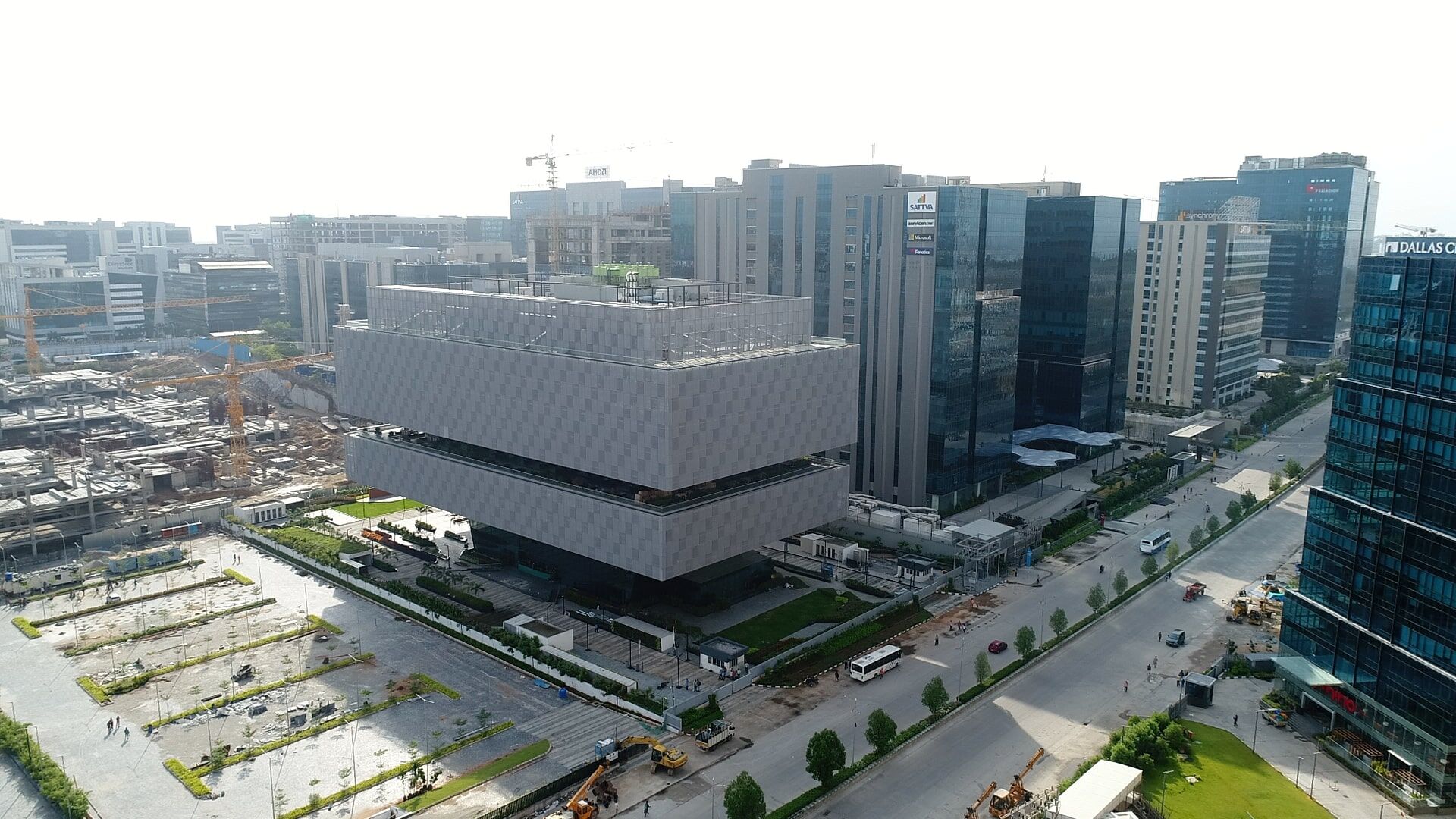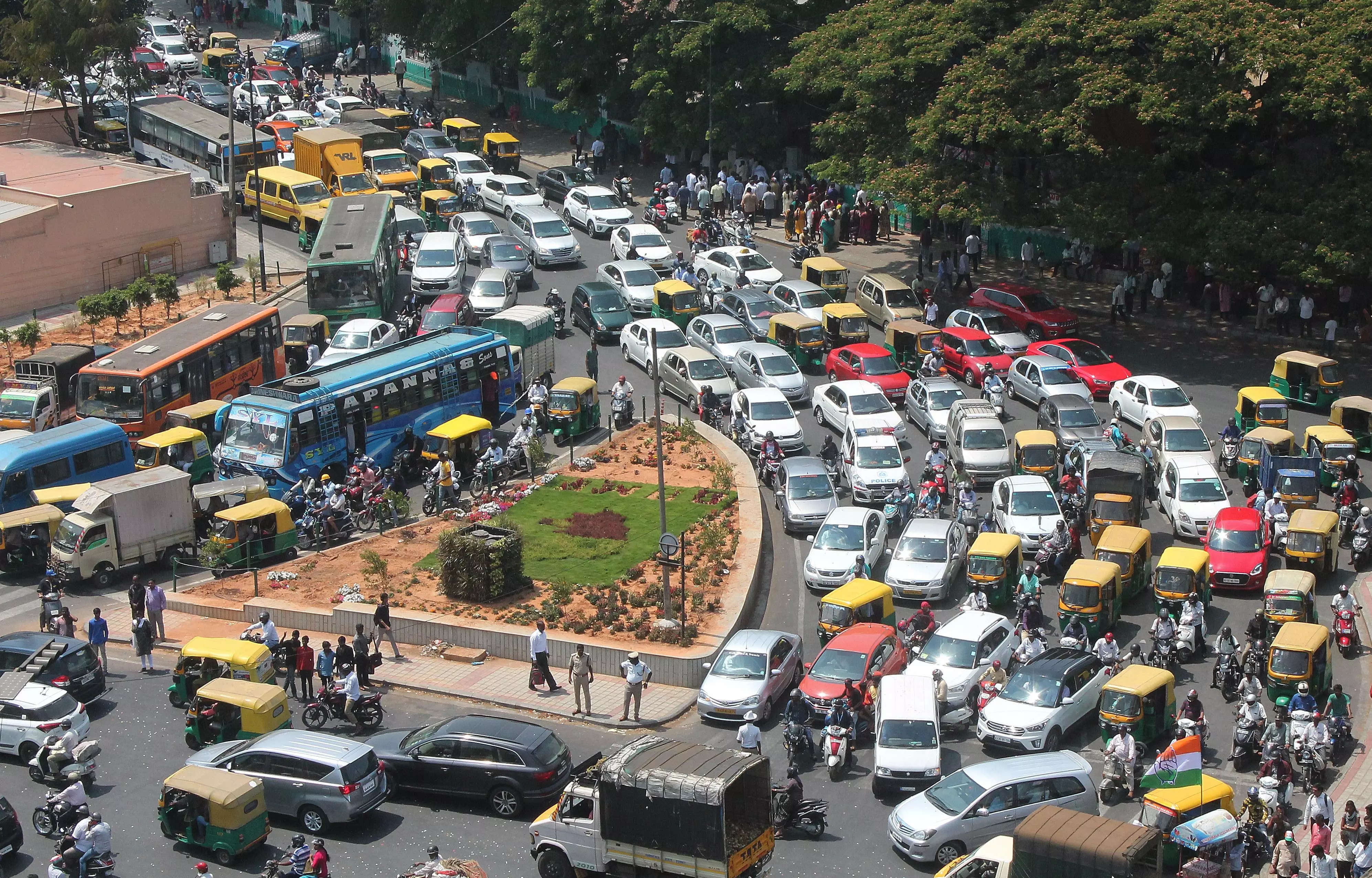Narayana Murthy’s Warning: 3 Cities Facing Livability Crisis
Narayana Murthy warns against the deteriorating conditions of Bengaluru, Pune, and Hyderabad, emphasizing urgent urban reforms.

Infosys co-founder Narayana Murthy, who has long been known for his candid and insightful views on social and economic issues, has sounded an alarm on the degrading livability of some of India’s most significant cities: Bengaluru, Pune, and Hyderabad. He described these cities as places once held up as examples of innovation and economic opportunity as becoming increasingly unliveable due to several infrastructural and governance-related challenges. His statements have caused immense debate on the issues of urban planning, governance, and the future of Indian cities.
The Rise of Urban Giants
Bengaluru, Pune, and Hyderabad have long been considered technological innovation hubs, educational centers, and entrepreneurship areas. Bengaluru is known as the “Silicon Valley of India” because it has the IT industry and is home to Infosys, Wipro, and many start-ups. Pune is considered the “Oxford of the East” due to the many educational institutions and automotive sectors. Hyderabad is home to a dynamic business ecosystem through its thriving tech and pharmaceutical industries.
It also leads to some adverse developments in the infrastructure of those cities because their growing rate is very high; thus, the infrastructure struggles to keep up with it.

Key Concerns Highlighted by Narayana Murthy
According to Murthy, factors that degrade the quality of life in these cities include traffic congestion, insufficient public transport, a degrading environment, and improper waste management. This is primarily due to inefficient long-term planning of a town and a lack of proper governance.
- Traffic Congestion: Bengaluru is notorious for its traffic woes, where commuters wait hours in gridlock on roads. The narrow nature of the streets, increasing every day with more cars and vehicles, worsens matters. The same is said of Pune and Hyderabad, which are next in line with similar issues, with traffic snarls being a daily ordeal for the residents. Murthy says this hamstrings productivity and affects their mental and physical health.
- Public Transportation Deficiencies: Though the metro projects have benefited Bengaluru and Hyderabad, they are far from providing a comfortable experience. Both cities’ public transport remains unsatisfactory. It’s caused by lousy bus planning, crowding of trains, and lack of reliability, which results in people shying away from using public transport and, therefore, filling the roads.
- Environmental Concerns: This growth has come with high environmental costs. Bengaluru’s erstwhile lakes exist today under a blanket of pollution and encroachment. This holds good for Pune and Hyderabad because of unregulated industrialization and vehicular emissions that degrade air and water quality. Murthy says sterner control over environmental parameters and proactive measures must be taken to ensure that the resources nature provides for humanity will suffice.
- Waste Management: The other major issue these cities face is improper waste disposal. Overfilled landfills, unhygienic garbage collection systems, and no recycling programs lead to unsanitary conditions. Murthy demanded modern waste management systems and increased public awareness to address this issue effectively.

Impact on Livability and Economic Growth
The problems Murthy identifies jeopardize the very quality of life of the people here and threaten the economic prospect of these cities. Pressurized environments, less-than-ideal health conditions and low worker morale result in inefficient productivity. Finally, deficient infrastructure dissuades foreigners from investing and negates the possibilities for these towns to become global headquarters of international firms.
Calls for Action
Murthy’s attack is on the critical requirement of complete reforms in cities. He challenged the policymakers, civic bodies, and people to sit together and tackle these problems.
- Strategic Urban Planning: Murthy advocated an urban development strategy with long-term visions encompassing planning concerning population growth, infrastructural requirements, and environmental nourishment. The recommendation is based on the best practices adopted by cities worldwide, along with the success of those attempts to curb the challenges of urbanization.
- Strengthening Governance: System management involves practices that promote accountability and good governance. Here, Murthy championed open governance in municipalities and promulgation of laws that improve citizens’ lives.
- Public-Private Partnerships: Murthy argues that for metropolitan change, public and private sectors have to come together. Specifically, the private sector shall contribute resources, expertise, or creative answers to the emerging challenges linked to the environment and infrastructure.
- Citizen Engagement: Citizens must be active participants for urban initiatives to succeed. Murthy urged increased public awareness and involvement in civic issues and urged the public to hold the authorities accountable for the problem and work with the community towards finding a solution.

Broader Implications for India
Murthy raised concerns pertinent to Bengaluru, Pune, and Hyderabad. Issues common to several cities in India arise due to their rapid growth and high population growth rate. This has become an awakening call for policymakers and citizens toward sustainable urban development.
Conclusion
As pointed out by Narayana Murthy, the irony lies in that those cities are more likely to face such dangers as they grow: becoming unlivable places. It demands collaboration on all sides of this city to make the places economically well-dividual, livable, sustainable, and inclusive. As Murthy so aptly put it, the future of India’s urban centers depends upon what we do today, which is to preserve and enhance the quality of life for generations to come.




